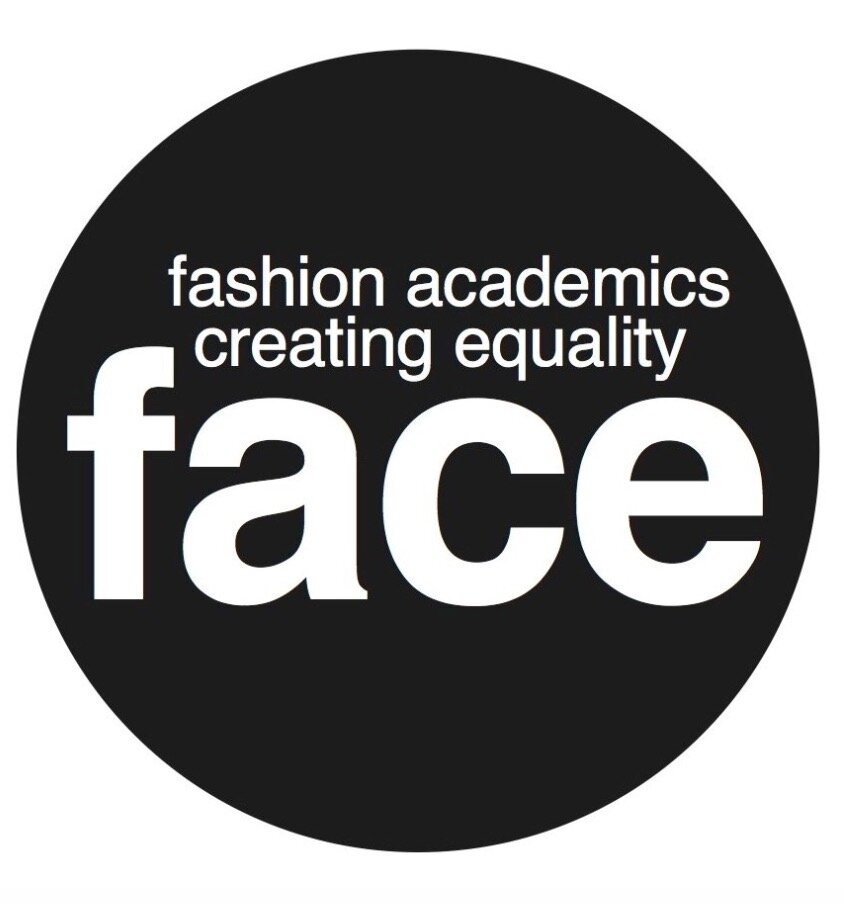Speaking to…Priya Ahluwalia
British fashion designer Priya Ahluwalia recently named winner of this year’s British Fashion Council and GQ designer men’s wear fund, also winner of the Queen Elizabeth II Award for Fashion Design has set herself the challenge to change the industry for the better under her eponymous label.
This designer known for her responsible sourcing and manufacturing techniques and telling the stories of those who make her clothes and the communities she works with, partnered with FACE in a recent BFC forum to discuss race inequality in education. Here she talks with FACE member Kiren Passi.
Did you complete any work experience in fashion before you started Uni and how did this come about?
Yes, I completed a PR internship at Ralph Lauren in London (my cousins family worked in security and passed my CV on). I also worked in retail at all Saints on the weekend.
What was your educational journey after school, did you opt for A-levels-Foundation or a BTEC route? Please expand on your educational choices post school, were these easy to navigate, did you get any good advice around this age?
I did A-Levels, I had a great textiles tutor, I made my a-level choices based on mixing some creative and some academic subjects: textiles, photography, business and politics.
How did you select Epsom for your choice of BA uni, can you offer some advice for students currently looking at Uni choices?
I did my foundation at Epsom, really liked raving and socialising at the time, I don’t think I would have been offered a place at my first choice uni’s such as Westminster/CSM (I did my MA at Westminster later on).
Do you feel that you were well prepared for your Uni application and interview? How did you find the application process?
Yes, I was prepared from the foundation but maybe I wasn’t as prepared myself.
What are your overall memories of uni, did you feel there was a diverse staff and student representation?
My classmates were diverse, the teaching staff were diverse in terms of technicians. On the MA at Westminster- all of the key Lecturing staff were white.
Do you have any experiences of standing out/ being different culturally?
Yes, I have experienced negative comments on my heritage and have been in environments that are not overly supportive of diversity.
Were you pleased with your marks/ results throughout the 3 years of Uni?
Yes, happy with both results, distinction/ merit. Although I’m not totally sure of how I could have achieved a higher grade on the MA. The collection I designed was the base/ foundation for my business.
What guided your decision to complete an MA after the BA? Would you recommend this route?
I had done a few jobs and wanted to do an MA to develop some skills to take back into the work environment. I was selected for an Ivy Park opportunity through Graduate preview day, a showcase where the industry are invited to look at folios.
The degree I took was a good foundation for skills, the MA helped me to fine tune my handwriting/ skills. Everyone is individual but for me, it worked out to work for a year after uni and then apply for an MA.
FACE have launched the See My FACE campaign and are asking students to tell us about their experience. What would you answer to the following?
I was taught by a diverse, unbiased and inclusive teaching body. Different experiences- dependent on Uni.
I felt my academic progression was impartial, unbiased and equal. Different experiences- dependent on Uni
I felt able to study a diverse, unbiased and inclusive curriculum. NO.
Please add any further insight into your lived experience as a student in relationship to 'Race'? How, for example has 'Race' impacted (if at all) your ability to study? Even though I am really busy with the business, I make an effort to teach as a Visiting Lecturer, its important that students of colour see successful people that they can relate too, to help build up their self confidence and belief.
Please let us know more about your policy on bringing up people behind you, and how you employ Black and Brown talent in all aspects of her business and communication.
Obviously, we are not allowed to discriminate against any race, but we naturally have a very diverse team, with black & brown staff. My business attracts diverse hiring, it’s part of the culture/ story telling, everyone in the business is culturally diverse, the teams that work on campaigns are diverse. The Mulberry project was about black hair, therefore I need a team that supports the subject and is sensitive. Introducing new diverse talent, like up and coming photographers to big companies is important to me.
Have you come across any challenges in the industry, directly through being a woman of colour?
Yes when I was going for Fashion Design job interviews, someone touched my hair, which was inappropriate.
Now the business is doing well I have the privilege of power, this helps navigate spaces. I am protective of my own communities and people are less likely to be rude. But one thing I have noticed when reaching out to European suppliers is that they respond better to the European/ male staff.
Thank you very much for your time and support of FACE Priya Ahluwalia.

